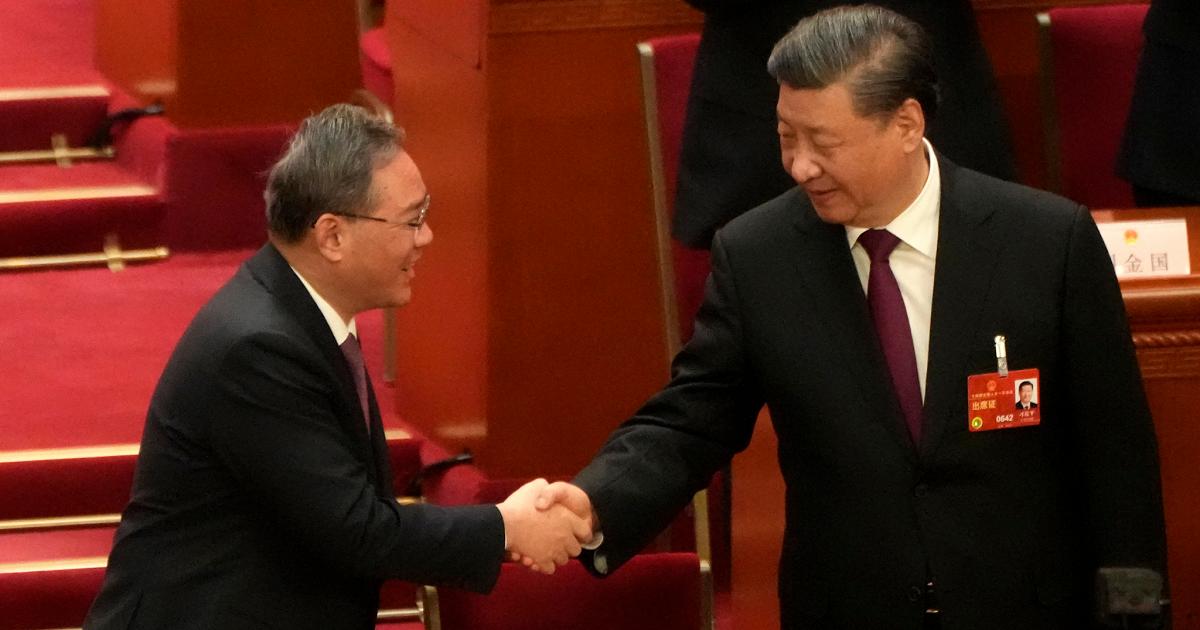Xi Jinping was elected president of the People's Republic of China for the third consecutive time. The election took place during the third plenary session of the Fourteenth National People's Congress, the legislative body of the Chinese Parliament, underway in the Great Hall of the People on Tiananmen Square.
The President is also reconfirmed at the top of the Armed Forces, with re-election as president of the Central Military Commission. Last October, he was re-elected general secretary of the Chinese Communist Party. At 69, Xi has passed the informal retirement age of 68 and may be able to rule for life.
The result was not much mixed and no potential rival hindered it: Xi obtained 2,952 votes in favor and none against. With today's re-election, Xi definitively breaks with the bond of the dual presidential mandate, already abolished in 2018 with a move that paved the way for his indefinite leadership. And he confirms himself as the most powerful Chinese leader since Mao Zedong - certainly one of the most powerful in the world, in a historical phase in which China is affirming itself as a global superpower not only economic but also political, able to confront on equal terms with the United States and its Western allies.
Xi's re-election by the ceremonial National People's Congress was a foregone conclusion for a leader who has sidelined potential rivals and filled the highest ranks of the ruling Communist Party with his supporters since taking power in 2012, according to analysts. "What we're starting to see is a kind of weakening of many of the rules, both formal and informal, that have been put in place to bring its allies to the highest places," says James Gethyn Evans, an expert on Chinese history and politics at Harvard University's Fairbank Center for Chinese Studies.
Russian President Vladimir Putin was one of the first leaders, with North Korea's Kim Jong-un, to send a message congratulating Xi on his third term. Putin told the Chinese president that he looks forward to further developing the "comprehensive relationship and strategic alliance between our two states."
German Chancellor Olaf Scholz is scheduled to travel to China next month and will be the first Western leader to greet Xi as the newly reappointed leader.

